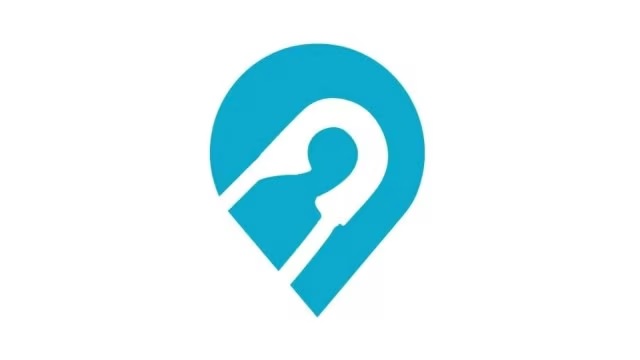On a busy Monday morning, Shivajinagar in Pune received a safety score of 8.2 out of 10, while Baner scored a moderate 5.2, according to a safety audit conducted by the crowd-sourced app My SafetiPin. This initiative by Safetipin, a social organization committed to making public spaces safer and more inclusive for women, is now looking to expand its footprint in Pune through collaborations with NGOs, social groups, and academic institutions.
Kalpana Viswanath, co-founder of Safetipin, explains, “Over the past few years, we have conducted a city-wide safety audit in Pune, with our insights helping shape urban planning and infrastructure projects. Safetipin is also integrated with the India Urban Data Exchange, an open-source platform facilitating secure data sharing between city departments, government agencies, citizens, and private entities. Pune’s safety data was the first to be included, marking a major milestone toward open, data-driven urban ecosystems.”Safetipin collects data uploaded by users based on their personal experiences in public spaces.
The safety audit evaluates key parameters such as lighting (adequate illumination), walkpath (visibility in all directions), and public transport availability.The data gathered through Safety Audits—conducted via three mobile apps: My SafetiPin (available on the App Store and Google Play), Safetipin Nite, and Safetipin Site—is shared with authorities, including the Pune Police Commissioner, along with recommendations to improve safety.
The app’s website states, “We generate a safety score based on collected data and upload it on My SafetiPin to help users make safe and informed decisions about their mobility.”Safetipin’s efforts in Pune represent a growing trend of leveraging community-sourced data to foster safer, more inclusive urban environments.
